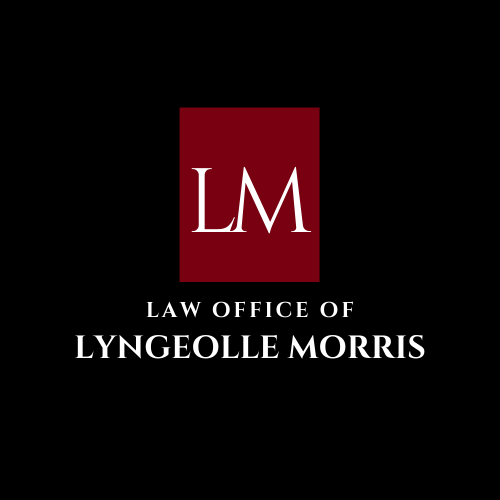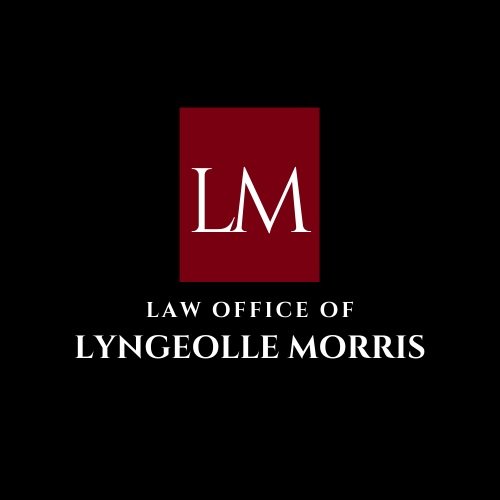Estate Planning Essentials: How You Can Protect Your Assets & Your Loved Ones
What is Estate Planning
Estate planning involves putting measures in place to manage, distribute or preserve the assets of an individual in the event of his or her incapacity or subsequent to his or her death. Depending on the individual’s circumstances, certain planning arrangements or strategies may be selected to appropriately manage those assets or wishes.
It is important that when you begin to discuss estate planning, you start off by asking a number of questions which will best help with making decisions that will be beneficial for you and your loved ones.
Begin to ask the following:
What matters most as it relates to my assets and wealth?
How can I best keep my loved ones out of conflict?
What can be done to promote peace mind for all parties involved?
What are the best strategies available to confer or distribute wealth to the next generation?
You may also want to go a bit further by starting discussions about how the decisions you make in your planning can impact upon your legacy.
When considering your legacy, think on the following:
What insights, values, lessons, guidance can I pass on to my loved ones that will ensure that these permeate generations to come for their benefit?
What do I want to be remembered for and how can I put planning in place to best pass these on?
One of the best ways to formalise your estate planning is to put legal documents in place to protect and safeguard your assets. Depending on your specific concerns, you may wish to consider putting in place some of the following documents :
A last will & testament or Trust
Guardianship designations (for minor children)
Power of attorney
Let’s go a bit further into understanding the purpose of these legal documents.
Last Will & Testament or Trust
Putting a Last Will & Testament or Trust will allow you to make end-of-life wishes in which you can specify how your assets will be distributed, who will be responsible for managing your estate, the assignment of guardians for minor children (if relevant), the provision of details on your desired funeral arrangements as well as any other wishes that you have.
Power of Attorney (general or specific)
A Power of Attorney allows for the formal appointment of an agent to act on your behalf whether generally or as it relates to a specific business or for a specified period. This agent will be authorised to make decisions regarding your finances, property and any other important affairs.
Guardianship designations
These may be provided for either under a last will or testament or a deed. This will involve appointing a guardian or guardians for your minor child or children in the event of your death, and who will be responsible for the management and care for your child or children.
Other planning options
In the case of management of the affairs of a loved one who is mentally incapacitated, a Receiver may be appointed to carry out such a role. Under Barbadian law, a person appointed to manage the affairs of a mentally incapacitated patient must obtain that appointment through a court process. As such a power of attorney document will not validly appoint an individual to act accordingly. It is therefore important that you speak with an attorney to consider what is the best approach based on the circumstances.
Succession planning for business owners
In addition to your own person estate planning, persons who are business owners should also consider putting a business succession plan in place to ensure an organised and smooth transition of ownership and/or management of a business in the event of death or incapacity. This may involve setting up systems and processes in order for a trusted party to either continue the business, sell it or wind it up based on your desired wishes. Provisions should also be in place to access important documents, accounts, contacts, etc. for the business.
Now that we have covered the ‘what’, it’s now important that we discuss the ‘who’.
Who should I discuss estate planning with?
One of the most effective ways to put planning in place for the management of your wealth is to embark on a collaborative process. This means getting your loved ones involved and gathering your team of experts and trusted advisors to help make the process of estate planning as smooth as possible.
Each person’s preferences in determining who they will involve will certainly differ. No matter how you choose your ‘group of people’, it is important to note that doing this will allow others to help facilitate your intentions for protecting what matters most.
Here are some persons you may begin to discuss your estate planning with:
Your loved ones: This may include your spouse, partner, parents, children, or any other close relatives or colleagues.
Your fiduciaries – Your proposed personal representatives, trustee or agent.
Your team of advisors
Attorney – to discuss your legal options
Financial advisor – to provide guidance on asset planning
Insurance agent – to offer guidance on policies and their terms and conditions
Accountant – to provide insight on accounts and tax planning
Clergyman & Funeral Director – to offer guidance when putting burial and funeral arrangements in place
Other Counsellors – psychologists, therapists, grief specialists – to offer counselling and support when need in time of grief, anxiety and stress-related concerns
Estate planning as a vehicle to achieve the ultimate peace of mind
Estate planning allows you to be proactive about protecting your future and the future of your loved ones. As mentioned earlier, identifying a team of confidants and experts to help you through this process will allow for you to ventilate any fears, concerns and obstacles you are facing. These persons will offer the guidance, counsel and support to create a plan that best suits your needs.
While estate planning is often a topic that persons tend to shy away from because we may not want to face the realities of incapacity or death, it’s important that we recognize these to be natural parts of life. By coming to have full acceptance of these realities, we can approach estate planning as a vehicle to achieve the ultimate peace of mind, knowing that you and your loved ones are taken care of and protected.
Questions?
Thank you for taking the time to read this blog post. We hope you find it useful!
If you are a seeking further guidance on the estate planning process, our office would be delighted to speak with you about your particular concern. To find out if we can be of assistance, kindly contact us our office by clicking here.



